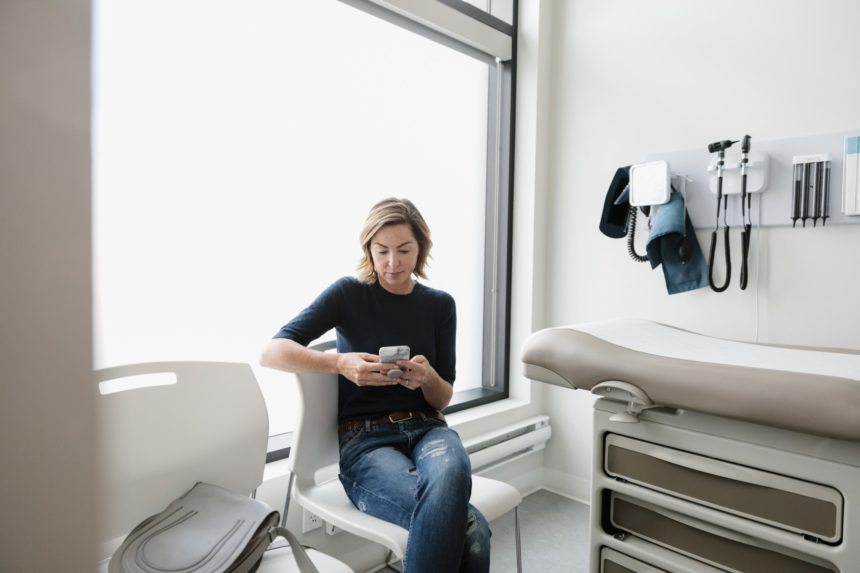
The spread of medical misinformation is becoming increasingly common across social media. For example, a 1999 chain email on the use of “Cough CPR” in heart attacks was publicly discouraged by the American Heart Association following its initial circulation; however, because of the rise of social media platforms, the hoax has seen a resurgence. A recent review in Circulation, a journal of the American Heart Association, outlined the issues surrounding medical misinformation and provided potential avenues for addressing and mitigating the purveyance of false medical news through social media channels.
Social media can create so-called echo chambers where ideas are easily accepted and bias goes widely unrecognized. For instance, people are more likely to assume information is accurate if shared by family or friends. Similarly, some social media users share medical information assuming it will benefit others without first addressing its validity. This unregulated environment provides no clear avenue for experts to moderate the dissemination of medical information.
The authors offer a range of interventions that could be implemented to combat this. Because peer review is the foundation of evidence-based medicine, they contend social media content could be reviewed by a verified expert in the field. On a platform like Twitter, this would involve the expert fact checking the content and using a critical appraisal process to produce a response. The original content could then receive a “Reviewed Content” label. Another potential solution could involve medical journals. For example, the Journal of Cardiovascular Electrophysiology started the #JCETweet2Press initiative, which allows users to share interesting cases in tweets for the chance to have their posts undergo peer review and be published in the journal. Many laypeople are not aware of the peer review process or how such content differs from other non-peer-reviewed outlets, so it may be helpful to establish experts (such as a senior cardiologist) who take on an advisory role, taking complex ideas and information and shaping them for use in a social media setting.
The volume of medical misinformation on social media is an obvious cause for concern. Because social media is notorious for mostly unchecked posting and sharing of content, implementing simple review initiatives could make a significant difference in uniting the clinical community with the public and allowing access to more accurate medical information.
[“source=medicalbag”]








